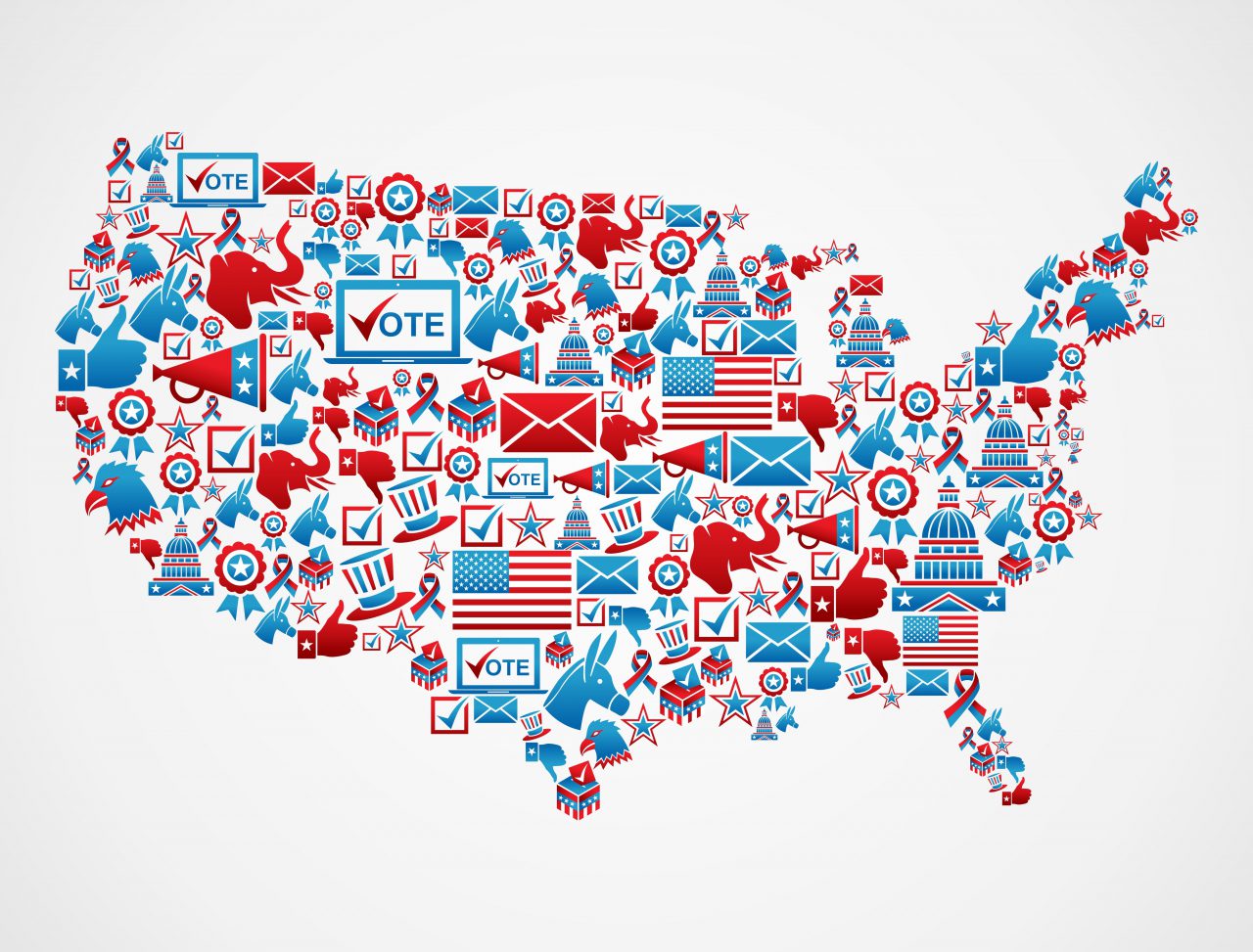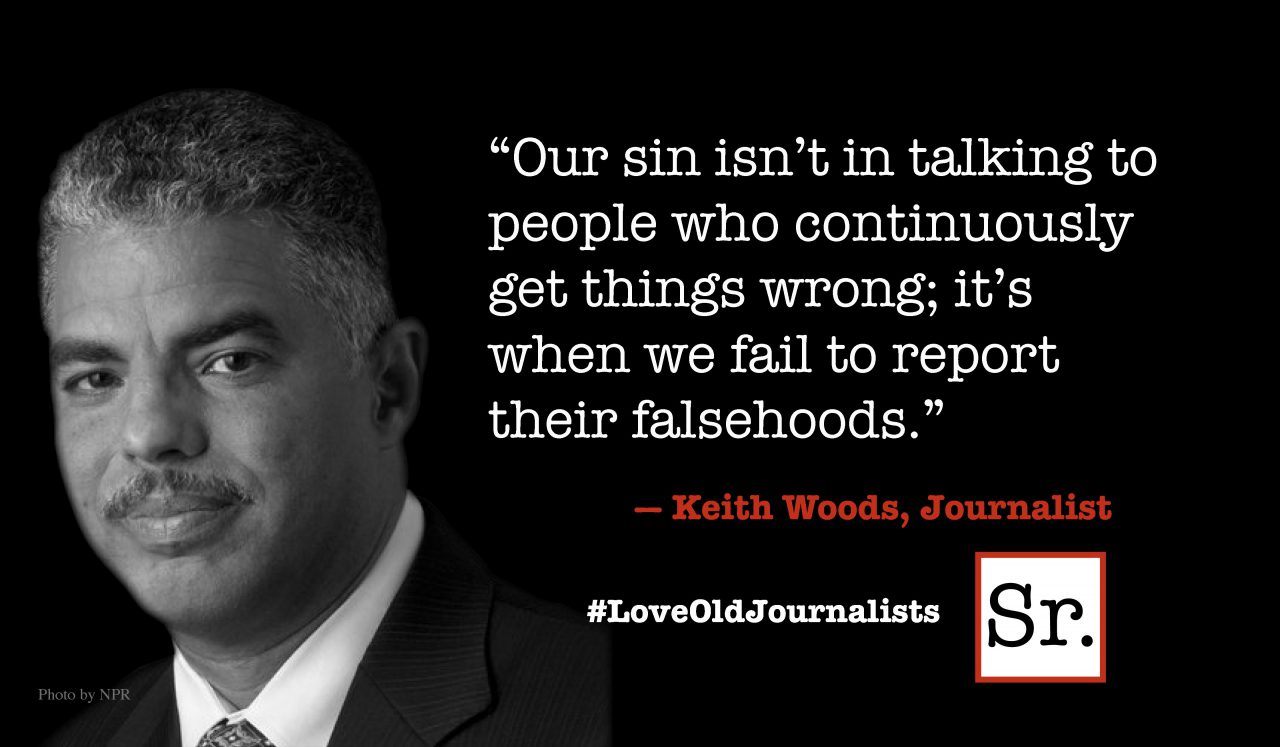The 2016 Democratic National Convention will choose its candidates for president and vice president in July in Philadelphia. The Republicans have picked Cleveland as the site for their convention — Philadelphia may be the more auspicious.
It was from Philadelphia that Roosevelt would lead the party to an historic landslide in 1936 after delivering one of the great acceptance speeches in history. It was delivered at a time when the world was teetering towards a second World War. In the speech he famously proclaimed that “this generation of Americans has a ‘rendezvous with destiny.’”
In 1936, the dominant issue was the economic recovery from the Great Depression. Roosevelt’s strategy was to ignore his opponent, Alf London, governor of Kansas. In defending the New Deal, Roosevelt reminded voters that it was the New Deal that saved the free enterprise system. The election marked a decisive shift of the black vote with the endorsement of Roosevelt by the National Association for the Advancement of Colored People.
The Lady Friend says she remembers a time when the outcome of conventions was exciting because the outcome was often in doubt. Probably Kennedy’s nomination in 1960 was the last. But then I looked it up, and even then there was little doubt in the outcome.
Senator Hubert Humphrey of Minnesota was Kennedy’s leading opponent, but Kennedy’s victories in primaries in Wisconsin and West Virginia were crucial. Most critical was Kennedy’s showing in West Virginia. It proved that a Catholic could win in predominately Protestant states.
Senator Lyndon B. Johnson of Texas was another name to reckon with, as well as Adlai Stevenson of Illinois. He had lost two elections in the 1950's to Dwight Eisenhower. As Democrats convened in July 1960 in California, Kennedy was well ahead in the contest for delegates and nominated on the first ballot with 806 votes to 409 for Johnson. Kennedy disappointed many liberals when he chose Johnson as his running mate, but there was reason for doing so — it helped Kennedy to carry Texas, pivotal in the outcome.
One of the narrowest races of the past century pitted Kennedy against Richard Nixon in the election for president in 1960. Nixon won the Republican nomination on the first ballot with 1,321 votes to 10 for Senator Barry Goldwater of Arizona (Four years later, Goldwater would be the Republican candidate for president and lose in a wipeout at the hands of Lyndon Johnson).
Back again to the presidential election of 1960. The lead see-sawed back and forth. The economy and communism were leading concerns, but the religious question was still hot. Kennedy put it to rest it in a speech before a ministerial association in Houston.
The central moment of the campaign was the first of four Nixon-Kennedy televised debates drawing 70 million viewers. The confrontation appeared to be a draw. But as William A. Degregorio pointed out in his book on U.S. presidents, “It was the physical comparison of the two men that most hurt Nixon.”
Kennedy looked to be in superb health. Nixon, having lost weight after spending nearly two weeks on his back in a hospital for treatment for an infection, looked “haggard and menacing.” Kennedy himself believed that without the debates he would have lost the election.
We’re getting closer to the primary season. They were designed as the route to cleaner and more open elections as early as 1913. More than one hundred years later, it still remains to be seen. Follow the money.
This article originally appeared in the San Leandro Times.









